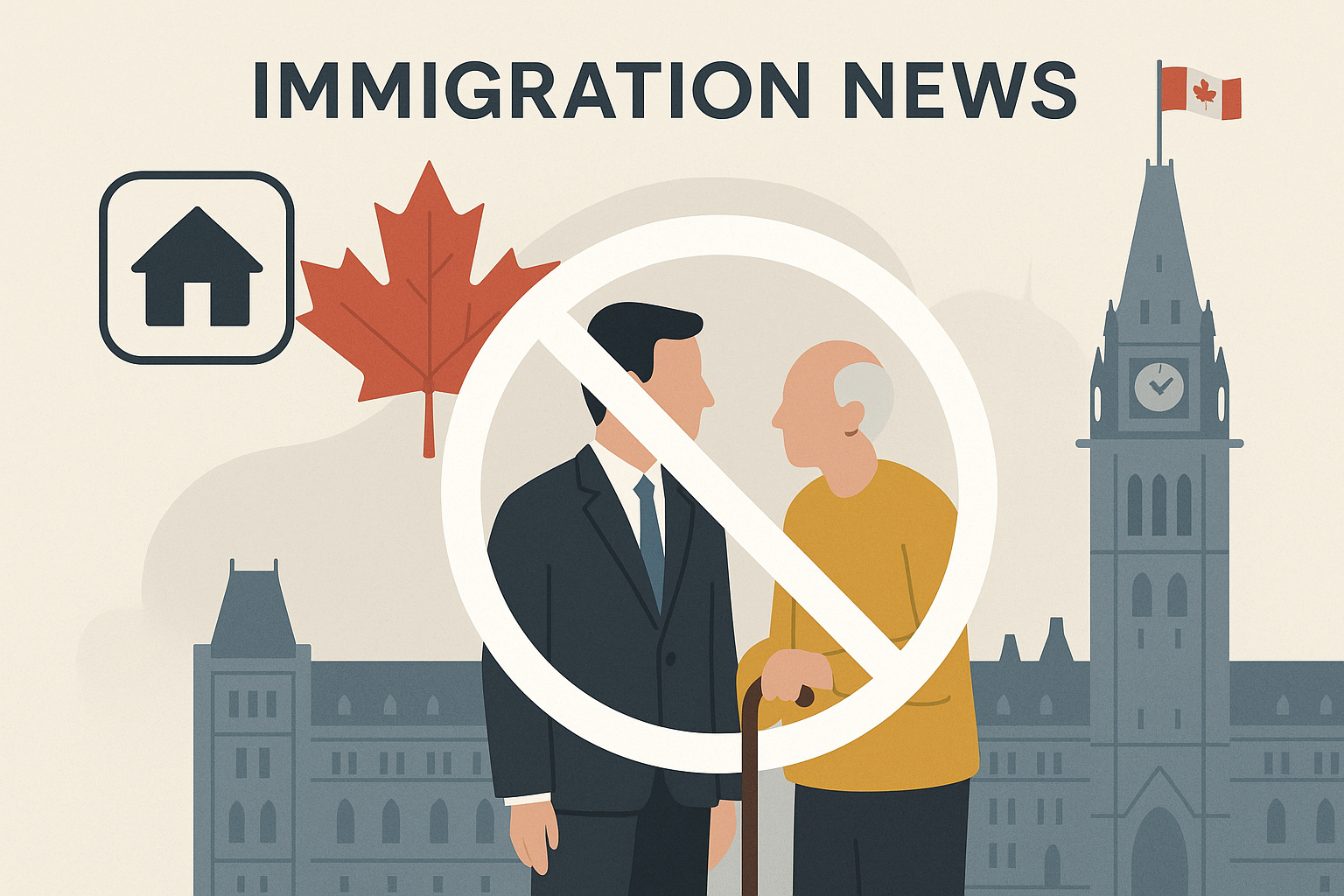
IRCC reverted eligible CIP codes to the June 25, 2025 version, restoring PGWP field-of-study eligibility and covering students who applied between June 25–July 4, 2025. Restored eligibility stands until the next update in early 2026, offering short-term certainty but leaving potential changes ahead.
Soheil Hosseini
July 4, 2025
Jurisdiction
Federal
Week
Week 27
Impact
High
Programs Affected
IRCC Reverts CIP Code List to June 25 Version, Restoring PGWP Field-of-Study Eligibility
Date: 2025-07-04
Source: IRCC
Summary: IRCC has restored several fields of study to the Post-Graduation Work Permit (PGWP) eligibility list by reverting the eligible CIP codes to the June 25, 2025 version, with restored eligibility remaining in place until early 2026. IRCC has updated its list of eligible Classification of Instructional Programs (CIP) codes, adding back fields of study that were removed on June 25, 2025. The change affects the field-of-study requirement tied to PGWP eligibility and related study permit planning. According to IRCC, the restored fields will remain eligible until the list is next updated in early 2026. Importantly, students who submitted their study permit applications between June 25 and July 4, 2025 in one of the temporarily removed fields will still meet the field-of-study requirement when they graduate. IRCC notes that eligible fields of study are linked to jobs in long-term shortage in Canada and may change with labour market needs. Prospective and current students should check whether their program’s CIP code meets the field-of-study requirement.
Programs affected: PGWP, Study Permit
Analysis:
- Positive: The reversion provides immediate certainty for students and institutions, averting disruptions for those caught by the June 25 removal. It aligns education pathways with labour market needs while giving stakeholders time to adjust before early 2026.
- Negative: The rapid update-and-revert cycle may create planning uncertainty, complicating program selection and admissions. Further changes expected in early 2026 could affect prospective students’ risk assessments and institutional advising workloads.
Tags: #IRCC, #PGWP, #StudyPermit, #CIPCodes, #InternationalStudents, #CanadianImmigration, #LabourMarket, #HigherEducation, #PolicyUpdate
Categories
Share This Post
Stay Updated with Immigration News
Get the latest updates on Express Entry draws, OINP invitations, policy changes, and more delivered to your inbox.
We respect your privacy. Unsubscribe at any time.
Related Articles

Parent and Grandparent Suspension
IRCC Ministerial Instructions effective Jan 1, 2026 suspend acceptance of new parent and grandparent PR and sponsorship applications until further notice. Up to 10,000 applications from the 2025 intake may be accepted into processing in 2026; details on the next intake will be announced later.

Study Permit: +90 Days
IRCC (Dec 22, 2025) now limits study permits for prerequisite programs to program length plus 90 days (down from program length plus one year), aligning with November 2024 regulatory changes. Students must plan transitions into main programs within 90 days or prepare for permit extensions; institutions may need to adjust admissions timing.

Foreign Workers Start Work
Canada’s temporary public policy (IRPA s.25.2), effective May 27, 2025, allows eligible temporary foreign workers in Canada to begin work for a new employer or occupation while a new TFWP or IMP work-permit application is pending. Workers must have valid temporary resident status, submit the work-permit application and an IRCC exemption request via the designated channel; approvals are discretionary and end when the application is decided or withdrawn.

Qatar Added to eTA
Canada has made Qatari nationals visa‑exempt and added Qatar to the eTA program; eligible travelers must obtain an eTA for air travel to Canada. This replaces the TRV for air arrivals and is intended to streamline short‑term travel and ties between the countries.